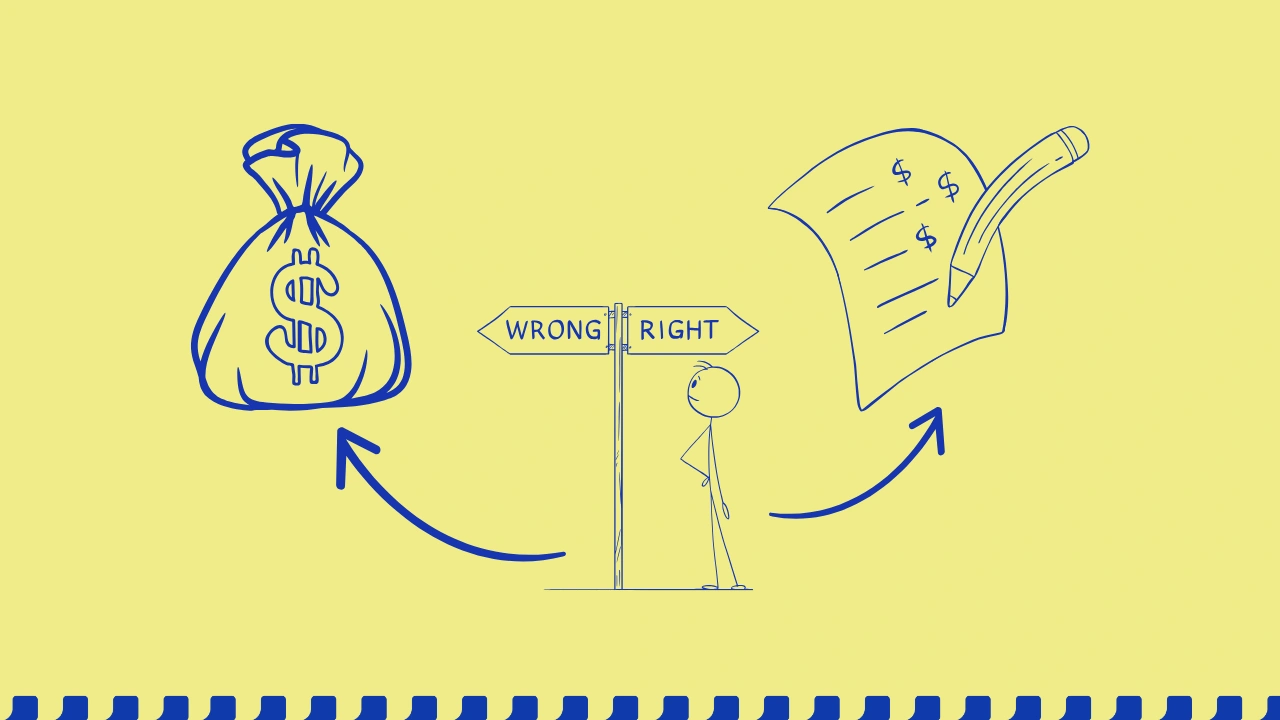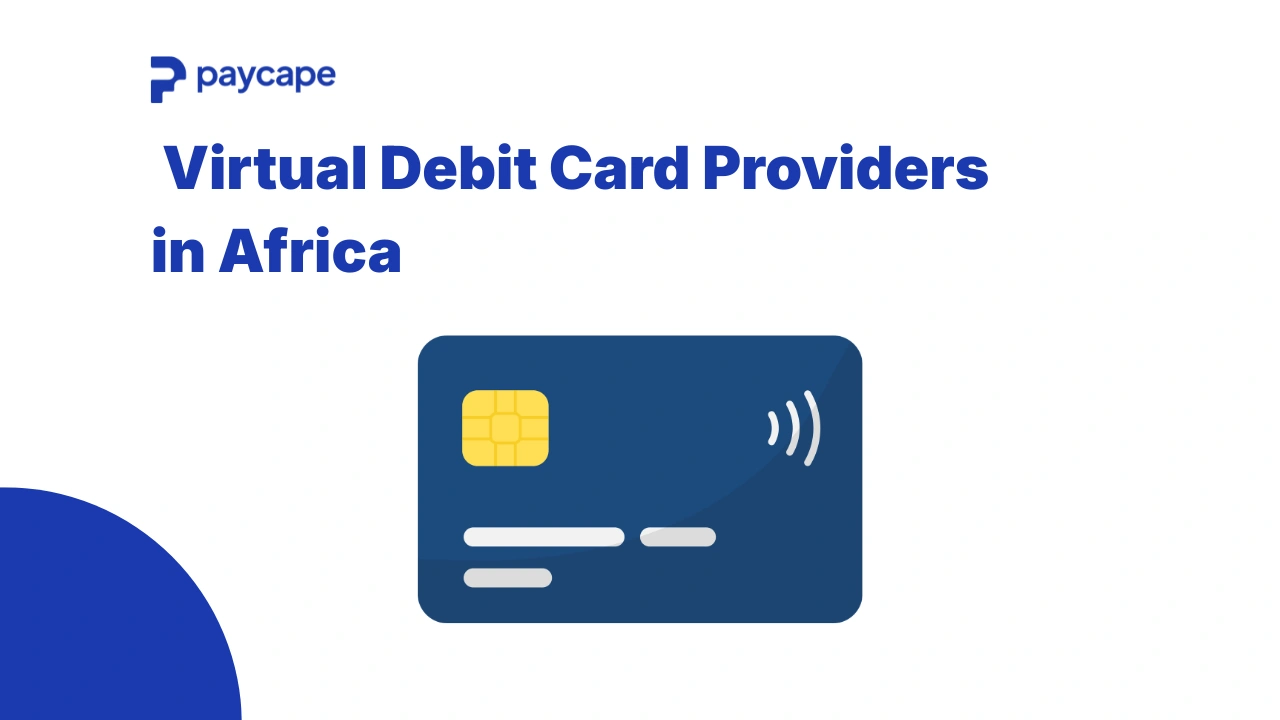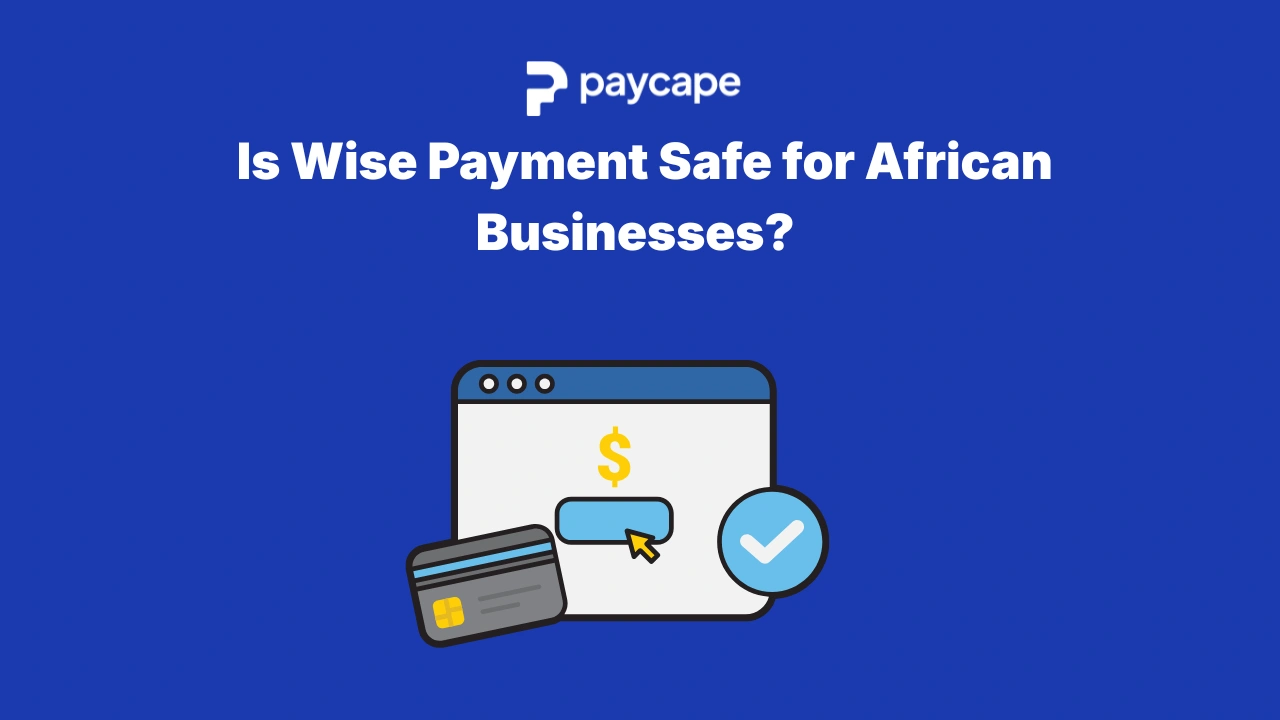A budget is a way to manage how you spend money. Let’s face it, we’ve all been there – that moment when our bank balance looks more like a friend we used to know rather than someone we’re on speaking terms with.
It’s the universal struggle of balancing the checkbook, navigating online banking and contactless payments, and desperately trying to figure out where our hard-earned money decided to stage a disappearing act. This is where having a budget comes in.
Now, before you start picturing complicated spreadsheets and late-night money management marathons, take a breath. Budgeting doesn’t have to be a daunting task. It’s more like having a friendly conversation with your money – figuring out priorities, making a plan, and ensuring that you and your wallet are on the same page.
So, what exactly is a budget? In simple terms, a budget is your financial GPS, helping you navigate the winding roads of income and expenses, making sure you don’t end up in the financial ditch.
Let’s find out more!
What is a Budget?
A budget is a financial roadmap that helps individuals or organizations allocate their resources wisely, ensuring that expenses do not exceed income. It serves as a crucial tool for financial planning and allows for better control over finances.
In other words, a budget is basically your money game plan. It’s like setting up the rules for how your cash is going to roll. Now, before you picture a bunch of boring spreadsheets, hear this out – a budget is your tool for financial freedom, not financial lockdown.
Budgets aren’t about killing your vibe – they’re about making your money work for you. It doesn’t matter if you’re saving up for a sweet vacation, starting your own eCommerce business, or paying off those loans.
Creating a budget involves looking at your income, understanding your spending habits, and deciding where you want your money to work its magic. It’s a reflection of your values, priorities, and aspirations.
And here’s the secret no one tells you– a well-crafted budget is not a straitjacket. Contrary to popular belief, a budget should have a flexible framework that adapts to your life’s twists and turns.
Now, why bother with a budget at all? Because it’s the secret key to avoiding those late-night financial stress sessions. It empowers you to make smart decisions about your money instead of playing catch-up with your bank balance.
It’s not just about numbers – it’s about making your dreams happen and giving you the peace of mind that comes with having your money ducks in a row. Savings, investments, living life on your terms – that’s the dream, right?
What is the Purpose of a Budget?
Why bother with a budget in the first place? What’s the grand purpose behind this seemingly structured financial game plan?
Financial Clarity
Ever felt like your money has a mind of its own? A budget puts you in the driver’s seat. It gives you a crystal-clear picture of what’s coming in and, more importantly, what’s going out. No more scratching your head wondering where that paycheck disappeared to.
Spending Smarts
With a budget, you’re not blindly scanning that QR code payment or paying with biometric payments and praying for the best. It’s your financial compass, guiding you on where your money should go. Want to treat yourself to something nice? Cool. A budget helps you plan for it without wrecking your financial stability.
Goal Setting and Achievement
Remember that dream vacation, the down payment for a house, or finally starting your own blogging business? A budget is your roadmap to these goals. It helps you break them down into manageable chunks, making those big dreams feel much more doable.
Emergency Preparedness
Life’s full of surprises, and not all of them are pleasant. A budget ensures you’re not caught off guard when the car decides it’s had enough or when your furry friend needs a sudden trip to the vet. Emergency fund? That’s a line item in your budget.
Stress Reduction
Financial stress is no joke. It can keep you up at night, turning your mind into a worry tornado. A budget is your shield against this stress. When you know where your money is going, you can sleep a little easier.
Building Savings and Investments
Ever wondered how people save up for that rainy day or invest for their future? Spoiler – it involves a budget. By allocating a portion of your income to savings and investments, you’re not just managing money – you’re making money work for you.
Debt Management
Tackling debt can feel like wrestling an octopus – it’s all arms and confusion. A budget helps you organize your attack. You can direct extra funds to paying off debts strategically, inching closer to that debt-free finish line.
Lifestyle Alignment
Your budget is a reflection of your lifestyle and priorities. It helps you align your spending with what matters most to you. Want to prioritize experiences over things? Your budget can make it happen.
Types of Budget
Alright, now that we’ve established why budgets are the unsung heroes of financial sanity, let’s look at the different types of budgets. Just like there’s more than one way to tackle a pizza (crust-first or toppings-first, anyone?), there are various approaches to managing your money.
Let’s break down the types of budgets to help you find the one that vibes with your financial style:
Zero-Based Budget
This one’s like a financial reset button. With a zero-based budget, every penny has a job. You give each penny a purpose, whether it’s paying bills, funding your savings, or treating yourself to a guilt-free splurge. The key is that your income minus your expenses equals zero – you allocate every penny.
Incremental Budget
Incremental budgeting is like upgrading your financial software regularly. You build on the previous budget, making adjustments based on changes in income, expenses, and financial goals. It’s a more flexible approach, adapting to your evolving financial landscape.
Fixed Budget
Picture this as the steadfast rock in the budget world. A fixed budget allocates a set amount for various expenses, and it stays unchanged over a specific period. It works well for those with a steady income and consistent expenses.
Flexible Budget
Life is unpredictable, and so is a flexible budget. Also known as a variable budget, it adjusts spending based on your income. Whether you’re riding the waves of a fluctuating income or dealing with irregular expenses, a flexible budget is your financial chameleon.
Cash Flow Budget
Cash is king, right? A cash flow budget is all about managing the ins and outs of your money. It ensures you have enough liquid cash to cover your day-to-day expenses, preventing any awkward financial hiccups.
Operating Budget
This one’s for the businesses out there. An operating budget zooms in on the day-to-day costs of running a business – things like salaries, utilities, and supplies. It’s the behind-the-scenes financial playbook for keeping the business lights on.
Project Budget
Ever planned a major home renovation or launched a new tech business idea? A project budget is your go-to. It outlines the costs associated with a specific endeavor, making sure you don’t run out of funds midway through building that dream home office.
Master Budget
Cue the superhero music – the master budget is like the Avengers of budgets. It brings together all the smaller budgets within an organization, giving you a comprehensive view of the financial universe. Operating budgets, capital budgets, financial budgets – they’re all part of the master plan.
Personal Budget
This is your budget, tailor-made for your life. A personal budget covers your income, expenses, and savings goals. It’s your financial sidekick, helping you navigate the twists and turns of personal finance.
Expense Budget
Sometimes, you just need to zoom in. An expense budget is all about spending. It helps you keep a close eye on where your money is going, making it easier to trim the fat and save for the things that truly matter.
What is a Budget Plan?
A budget plan is essentially your financial blueprint, a roadmap that lays out how you intend to manage your money over a specific period. It’s a comprehensive strategy that encompasses your income, expenses, savings, and financial goals.
Crafting a budget plan involves careful consideration of your financial priorities, allowing you to allocate resources efficiently and work toward achieving both short-term and long-term objectives.
Here’s a breakdown of the key components that make up a budget plan:
Income
Identify all sources of income, whether it’s your salary, side hustle, rental income, or any other monetary inflow. Knowing how much money you have coming in is the starting point for effective budget planning.
Expenses
Categorize your expenses into fixed and variable. Fixed expenses, like rent or mortgage payments, remain consistent each month, while variable expenses, such as groceries or entertainment, can fluctuate. Listing all your expenses provides clarity on where your money is going.
Savings and Investments
Allocate a portion of your income to savings and investments. This could include contributions to an emergency fund, retirement savings, or other investment accounts. Building a savings cushion and planning for the future is a crucial aspect of a well-rounded budget plan.
Financial Goals
Define your short-term and long-term financial goals. Whether it’s paying off debt, saving for a vacation, buying a home, or investing for retirement, integrating your goals into your budget plan ensures that you’re actively working toward achieving them.
Debt Repayment
If you have outstanding debts, incorporate a plan for repayment into your budget. Prioritize high-interest debts and allocate a portion of your budget to gradually reduce and eliminate them.
Contingency
Life is unpredictable, and unexpected expenses can crop up. Include a contingency or “miscellaneous” category in your budget plan to account for unforeseen circumstances. Having a buffer can prevent financial stress when the unexpected happens.
Review and Adjustments
A budget plan is not set in stone. Regularly review your budget, track your actual spending, and compare it to your planned budget. This allows you to make adjustments as needed, ensuring that your budget remains realistic and effective.
Budgeting Tools
Consider using budgeting tools or apps to streamline the budgeting process. These tools can help you track expenses, set goals, and provide insights into your financial habits.
Communication (for Family Budgets)
If you’re creating a budget plan for a family or shared household, communication is key. Ensure that everyone is on the same page regarding financial goals, spending limits, and savings targets.
Discipline and Consistency
Building and sticking to a budget plan requires discipline. Stay consistent in your efforts, and remember that financial success is often a result of sustained, mindful practices over time.
Frequently Asked Questions About Budgeting
Let’s answer a few questions about budgeting.
Ready to scale your fintech across Africa?
Join Paycape to get discovered, find partners, and stay compliant across West Africa
Join the Waitlist



